Trimet: ALUMINIUM as a platform for international trade visitors
(c) Trimet Aluminium
Bar ohne Namen
Entschlossen verweigert sich Savage, der Bar einen Namen zu geben. Stattdessen sind drei klassische Design-Symbole das Logo der Trinkstätte in Dalston: ein gelbes Quadrat, ein rotes Viereck, ein blauer Kreis. Am meisten wurmt den sympathischen Franzosen dabei, dass es kein Gelbes-Dreieck-Emoji gibt. Das erschwert auf komische Weise die Kommunikation. Der Instagram Account lautet: a_bar_with_shapes-for_a_name und anderenorts tauchen die Begriffe ‘Savage Bar’ oder eben ‚Bauhaus Bar‘ auf.
Für den BCB bringt Savage nun sein Barkonzept mit und mixt für uns mit Unterstützung von Russian Standard Vodka an der perfekten Bar dazu.
Dominique Breuer, Head of Marketing & Sales at Trimet on ALUMINIUM 2024
The ALUMINIUM trade fair has always been of great importance to Trimet, as it offers an excellent platform for presenting our innovations and services, particularly in the field of research and development, to an international specialist audience.
We expect ALUMINIUM 2024 to enable us to make valuable contacts, maintain existing customer relationships and discover new business opportunities. We are sure that the number of visitors will increase significantly compared to 2022.
The aluminium industry is one big family. Our main objectives are to look after existing customers, meet friends and business partners and present our latest technological developments, such as alloy development.
Our presentation will focus on our latest developments in the field of sustainable aluminium production and recycling technologies. Our developed recycling alloys are the focus here.
The aluminium industry is in a phase of transformation, characterised by increasing demands for sustainability and efficiency. In addition, the market expects an ever-increasing proportion of scrap in products, with limited scrap availability. As existing alloys are not available to the desired extent, we will not be able to manage without primary aluminium for a long time yet.
The biggest political challenges are the reduction of CO2 emissions, ensuring a sustainable supply chain and the continuous improvement of recycling methods. The global competitiveness of the local industry also plays an important role.
We expect significant progress in the areas of digitalisation, automation and sustainable production processes.
